

Prime Minister of Jamaica, Andrew Holness, has said, in real ways, Jamaica understands the impact of climate change and that more financing needs to be made available to developing countries, particularly to small-island developing states (SIDS) for adaptation.
“As a country that did not contribute in any form to climate change, but a country that suffers from climate change, Jamaica is going through a period of drought. In a month’s time, we will be making announcements for our citizens to prepare for hurricane season. [The country] is going through the driest six month-period ever in our recorded meteorological history. So, we understand in real ways the impact of climate change,” the prime minister said.
Holness was speaking at a joint press briefing with Antonio Guterres, United Nations (UN) Secretary-General, on Monday (May 15) where they addressed matters of climate change and the impact on small-island developing states (SIDS) as well as the humanitarian crisis happening in Haiti.

“Secretary-General, you appointed me as co-convener of the financing for development in the era of COVID-19 and beyond and then as co-chair, along with Prime Minister Justin Trudeau of Canada, for the Group of Friends for SDG Financing. We had very fruitful discussions on the work that we have undertaken in these two fora on the critical challenges that developing countries are facing and the need for reform of the international financial system,” Holness said.
“We wish to assure you of Jamaica’s strong commitment to this very important work and [the country’s] commitment to multilateralism and the central role the United Nations plays in ensuring that these very important matters of the reform of the Global Financial architecture, is undertaken, successful, and beneficial for developing countries, and in particular, small-island developing states like Jamaica,” he added.
Holness shared that Guterres asked both he and Trudeau “to study, examine, make recommendations, and be global advocates for a fairer international financial system that considers, not only market imperatives but moral imperatives as well”.

He said that “it is a moral imperative that more developed countries seek to ensure that countries like Jamaica, [and other] small-island developing states who are vulnerable to climate impacts are put in a position where they can adapt to the changing climate where there are some reparations for loss and damage and that we benefit from technologies that could mitigate the impact.”
Prime Minister Holness highlighted that Guterres has called for the international economic and financial architecture to support reforms and to address unique risks and challenges faced by SIDS like Jamaica. In so doing, he pointed to the development of the multi-dimensional vulnerability index which aims to accurately assess the true state of SIDS and increase their eligibility to receive greater financing to address their unique vulnerabilities to climate change, natural disasters, and external economic shocks.
He noted that he and Trudeau “stand in solidarity with the UN system, and our voices will continue to work in practical ways within the UN system to achieve these reforms.”

A moral, power, and practical problem
For his part, the UN Secretary-General said, “When we look at the present international financial architecture, a moral problem, a power problem, and a practical problem. We all remember that [COVID-19] vaccines were not evenly distributed. We all remember that Europe, the United States and other rich countries were able to print trillions to support their economies after COVID. The recovery of their countries to support their populations. I don’t think Jamaica had the possibility to print money and most developing countries have not the possibility,” he said.
Guterres said that because adequate care was not taken, the situation has given a partial contribution to the increase of inflation and interest rates that all developing countries are now paying.
“Then, because there was a huge global liquidity problem, the IMF was able to issue special drawing rights (money created out of nothing). The countries of the European Union (EU) received US$160 billion, the African continent, which is three times the population of Europe, received US$34 billion. There is something fundamentally wrong in the rules. These are the rules of the system that allow this injustice to take place,” he said.

The UN Secretary-General then highlighted that middle-income countries, particularly SIDS, do not receive adequate debt relief mechanisms and do not face the possibility to access concessional funding at the levels that would be necessary. He said that it is “a deep injustice because [middle-income and] small-island developing states have a high level of vulnerability because of the structure of their economies, their geographic location, their size, and because of the enormous impact they face in relation to climate change. So, there is a serious moral problem with the international financial system.”
He also spoke of the power problem by highlighting that international financial institutions were established after the second world war in which most middle-income and small-island developing states were not independent so the structures built did not consider these countries as independent nations to benefit.
Much more can be done

He said that the system is outdated, unfair, and dysfunctional and needs reform to adapt it to Fthe realities of today’s global economy.
“Even with the present system, much more could have been done and much more can be done in relation to a better link between climate ad finance and a stronger support to adaptation in particular small-island developing states. A lot more can be done in multiplying the effect of the work of the multilateral development banks if they change their business model to a new approach to risk and they are able to use their resources to leverage massive access to private finance at reasonable costs for developing countries. Much more can be done in new instruments that allow, for instance, swaps between debt and investment in adaptation for climate change,” said Guterres.
“So, there is lots can done if there is political will to do so even if we will not be able to solve the moral problem and the power problem. I want to express our deep solidarity with Jamaica and other SIDS in relation to this moral, power, and practical problems. We are determined to fix it and this is the reason for my visit,” he added.
RELATED UN Secretary-General urges swift action on Loss and Damage Fund
Send feedback to [email protected]
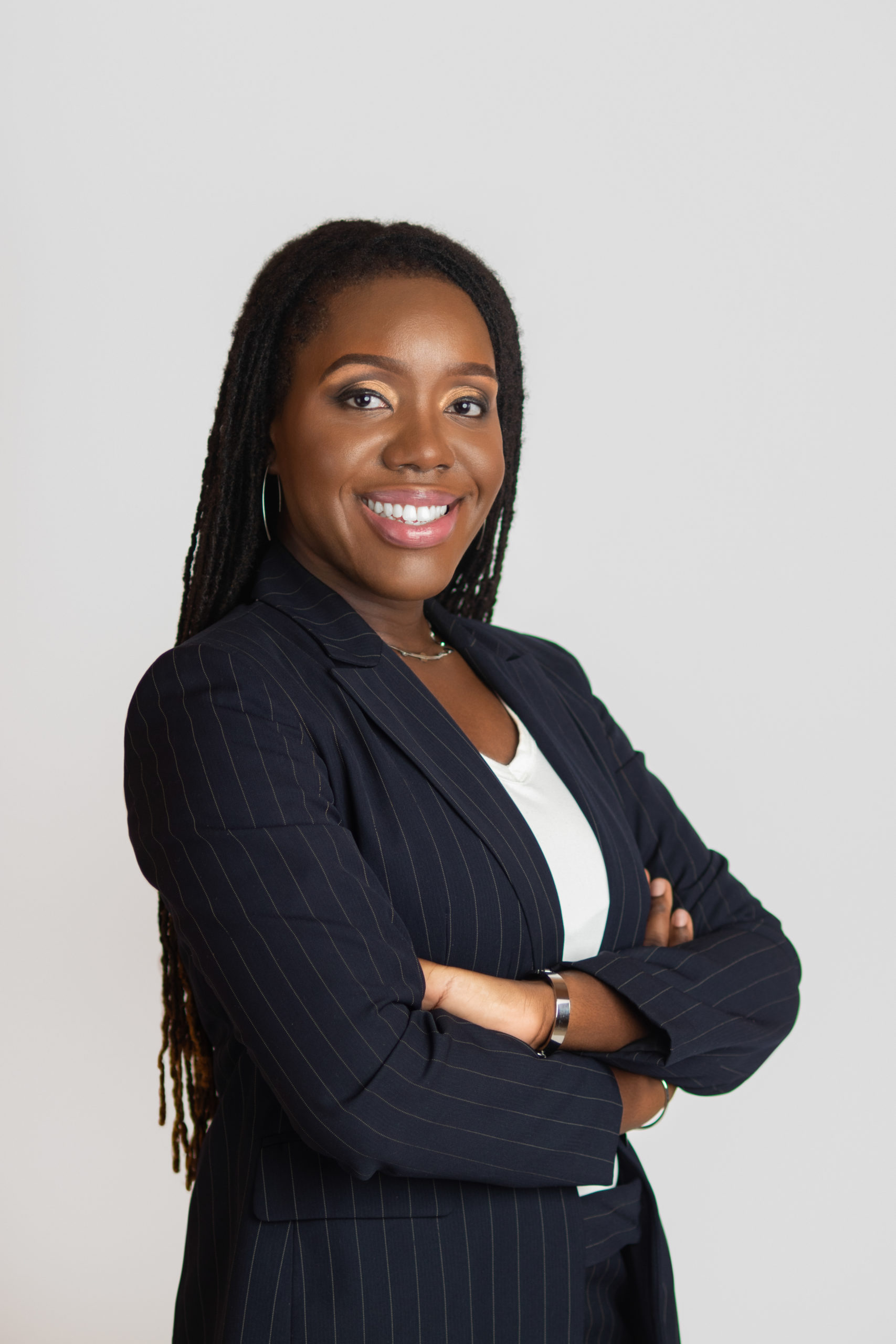
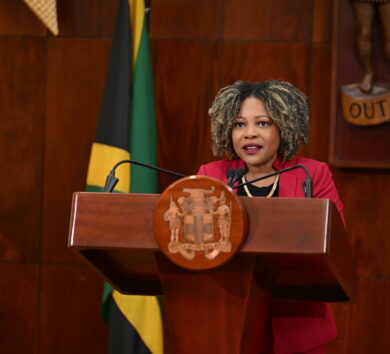
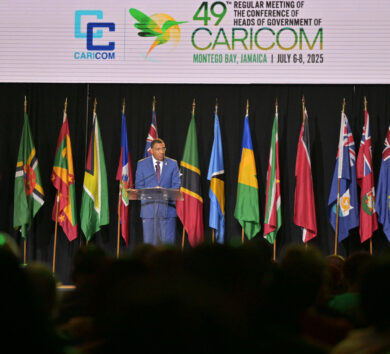
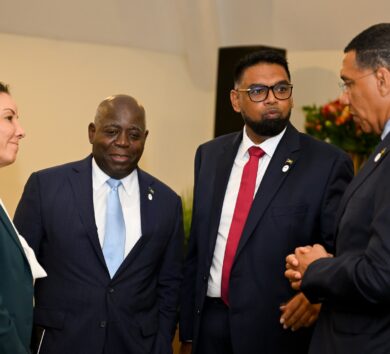
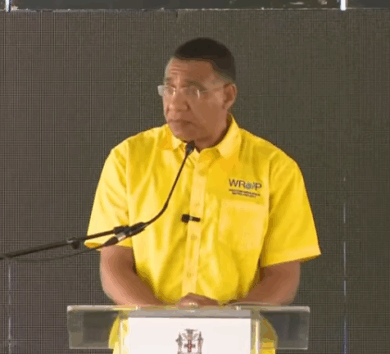
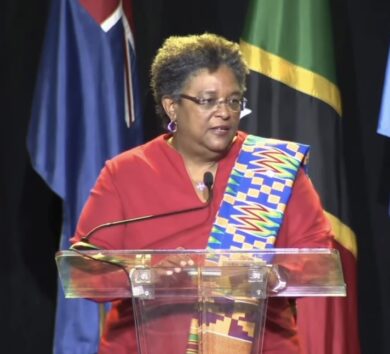

Comments